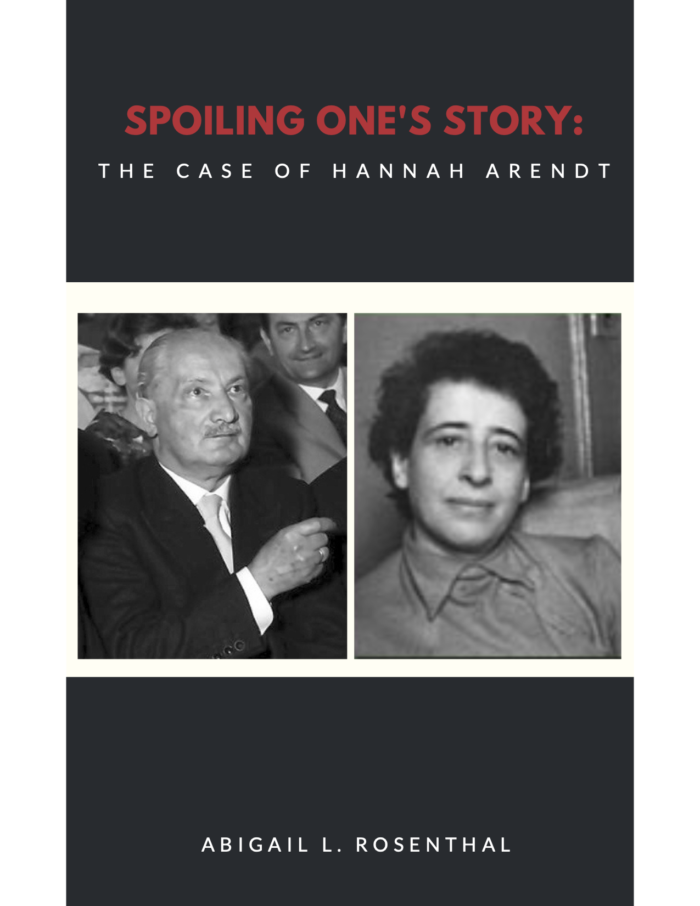God: An Autobiography, As Told to a Philosopher
by Jerry L. Martin

“An atheist philosopher finds himself in a surprising series of conversations with God. . . . A captivating religious dialogue for the modern age.” Kirkus Reviews
BUY NOW
Jerry L. Martin was a life-long agnostic. But he was interested in the big questions. He studied the great thinkers from Plato to Wittgenstein, and became a professor.
Since Descartes, philosophy has been dominated by doubt. It has questioned whether we really know what we think we know, even whether it is possible to know anything at all.
It is a tradition that goes back to the Greek skeptics. And it fit Martin’s temperament, which was to withhold judgment until sufficient evidence was in. Like the skeptics, he had never believed in certainty, not even in mathematics.
Then he had an experience he could not doubt …
God: An Autobiography, As Told to a Philosopher
by Jerry L. Martin
Learn more at: www.godanautobiography.com

A Good Look At Evil – Audiobook
by Abigail L. Rosenthal
We meet with evil in the ordinary course of experience, as we try to live our life stories. It’s not a myth. It’s a mysterious but quite real phenomenon. How can we recognize it? How can we learn to resist it? Amazingly, philosophers have not been much help. Despite the claim of classical rationalists that evil is “ignorance,” evil-doers can be extremely intelligent, showing an understanding of ourselves that surpasses our own self-understanding. Meanwhile, contemporary philosophers, in the English-speaking world and on the Continent, portray good and evil as social constructs, which leaves us puzzled and powerless when we have to face the real thing. Thinkers like Hannah Arendt have construed evil as blind conformity to institutional roles–hence “banal”– but evil-doers have shown exceptional creativity in bending and reshaping institutions to conform to their will. Theologians have assigned evil the role of adversary to the divine script, but professing religionists are fully capable of evil, while atheists have been known to mount effective resistance. More than broad-brush conceptual distinctions are needed. A Good look at Evil maps the actual terrain–of lived ideas and situations–showing how to recognize evil for what it is: the perennial and present threat to a good life.
BUY NOW

Spoiling One’s Story: The Case of Hannah Arendt
by Abigail L. Rosenthal
Hannah Arendt’s posthumous influence continues to be enormous, even though her best-known claims have been refuted by new evidence. Since her death, a youthful diary shows Arendt precociously aware of a choice between two possible futures. Either she would choose a natural future unfolding with harmonious openness, or else attain public influence by advancing unsupported claims. In fact, Arendt lived both futures successively. In early essays, she held ex-Nazis responsible for their war crimes, and depicted Martin Heidegger, her former teacher and lover, as a nihilist whose philosophy led directly to his Nazi commitment. Yet later, she portrayed Adolf Eichmann, the official who implemented the Holocaust, as a mindless, “banal” bureaucrat. And she later exonerated and celebrated Heidegger, even using his coinages in arguments that lifted responsibility from bad actors. Arendt left a paper trail of documents for us to decode. The real story, of a talented woman—simultaneously sustaining a hidden love affair and maintaining the posture of a disinterested public intellectual—is also a story of moral upendings and reversals. It is the back story. It is time for thoughtful readers to know it
BUY NOW

God and the Care for One’s Story
By Abigail L. Rosenthal
The recent philosophic literature that revives the case for theism does not ordinarily take in the evidence for providential intervention that’s to be found in ordinary experience. For many people, such experience has tremendous impact, yet to date, philosophy has offered no warrant for treating it as anything other than a subjective view of what, objectively, remains mere coincidence. This essay openly takes on the challenge of defending the providential view.
